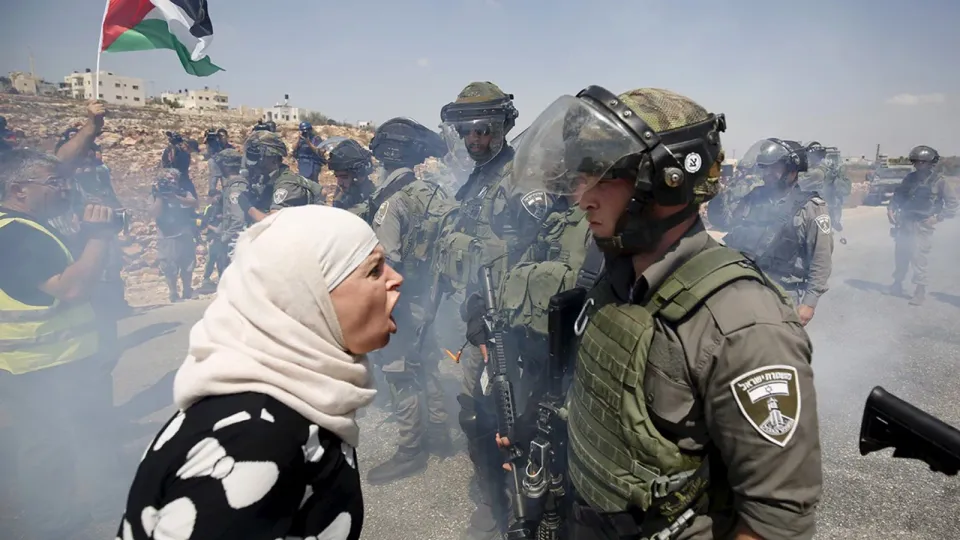The Militarization of Canadian Police: A Threat to Civil Liberties?

In a disturbing trend, Canadian police forces are increasingly adopting military-style tactics and equipment, raising serious questions about the erosion of civil liberties and the role of law enforcement in a democratic society. The death of Ejaz Choudry, a 62-year-old Mississauga resident experiencing a mental health crisis, at the hands of Peel Regional Police’s Tactical and Rescue Unit in June 2020, underscores the potential dangers of this militarization.
The use of police tactical units, equipped with military-like weapons and gear, to respond to incidents involving individuals in mental distress has sparked public concern. These units, which were originally designed for high-risk situations, are now being deployed for more routine incidents, a trend that has been criticized by researchers.
The Toronto Police Service's Emergency Task Force (ETF), for example, has been seen brandishing and shooting assault rifles and wearing helmets reminiscent of those worn by military personnel. This shift towards a more militarized appearance and approach is concerning, given that the primary role of the police is to preserve life, not to engage in warfare.
The adoption of military technology and tactics by police forces has led to troubling consequences. Nighttime or early morning raids by tactical units, often resulting in traumatic encounters for innocent civilians, have become more common. This militarization of law enforcement treats communities as war zones and civilians as potential threats, undermining the very essence of policing.
This trend disproportionately affects racialized individuals, those living with mental illnesses, and economically marginalized communities. The deaths of Choudry, Anthony Aust, and Taresh Ramroop serve as stark reminders of the fatal consequences of militarized policing in Canada. Furthermore, the deployment of tactical officers in response to Indigenous land rights movements highlights the broad and inappropriate use of these militarized responses.
The increasing militarization of police forces not only undermines public trust but also perpetuates an "us vs. them" mentality, hindering the development of community-based policing models. It's crucial to question why police, who are meant to ensure public safety, are increasingly mirroring military units designed for warfare. This trend threatens the very fabric of our democratic society and the fundamental freedoms we hold dear.
Keywords: Canadian police, militarization, civil liberties, law enforcement, Ejaz Choudry, Tactical and Rescue Unit, police tactical units, Toronto Police Service's Emergency Task Force, military technology, nighttime raids, racialized individuals, Indigenous land rights movements, community-based policing models.


